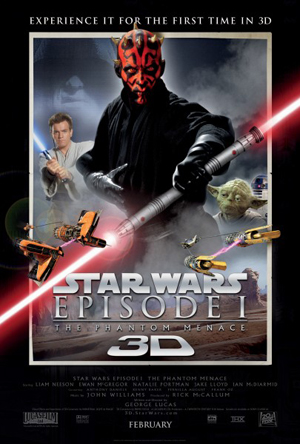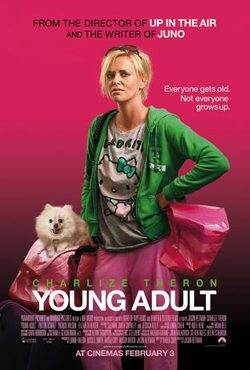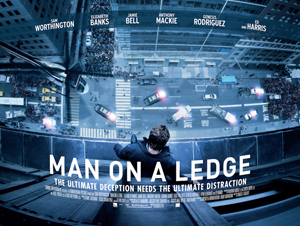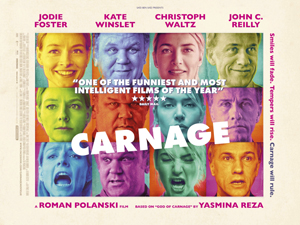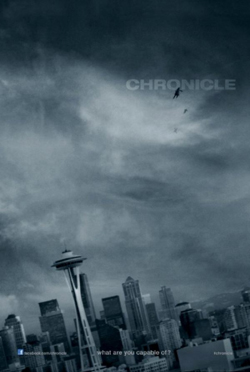Big Miracle ***
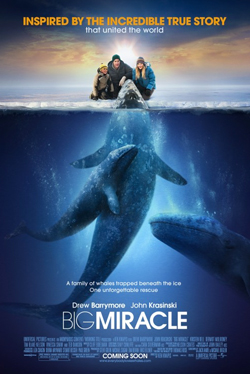 Whether you remember the plight of the California Gray whales back in September 1988 or not, the dramatic rescue that involved the residents of Barrow, Alaska, international media coverage, two entrepreneurial brothers and the governments of the US and the Soviet Union working together is pure family movie gold, and just another entertaining but subtle and meaningful nudge in the environmental awareness direction.
Whether you remember the plight of the California Gray whales back in September 1988 or not, the dramatic rescue that involved the residents of Barrow, Alaska, international media coverage, two entrepreneurial brothers and the governments of the US and the Soviet Union working together is pure family movie gold, and just another entertaining but subtle and meaningful nudge in the environmental awareness direction.
In small-town Barrow, news reporter/cameraman Adam Carlson (John Krasinski) is waiting for his breaking news story to propel him into the big league. When a family of three California Gray whales find their way back to the open Arctic sea blocked by rapidly forming ice, Carlson and ex-girlfriend, Greenpeace activist Rachel Kramer (Drew Barrymore) spring into action to form one of the biggest global rescue operations against Nature’s design ever.
Director Ken Kwapis and writers Jack Amiel and Michael Begler are aware that the emotive story needs no further milking, and rightly focus on the strengths of the characters involved and their determination to succeed while injecting the story with lighter-hearted moments, using the talents of Krasinski and a gregarious Ted Danson as the flamboyant local oil businessman J. W. McGraw. However, the characters are as trapped on the ice as the whales are under it, and although perfectly believable – or the story would grind to a halt there and then, are limited by the sum of their own parts, and feel like merely a cacophony of voices in a bitter but beautiful environment after a while.
Even Barrymore who usually excels as a stubborn champion of justice finds her character’s own voice drifting off into the Arctic atmosphere at moments – and even Kramer’s courageous but foolish venture under the ice seems to have lesser impact on the storyline than it should. Still, Barrymore’s cherub good looks, infectious spirit and girl-next-door appeal manage to keep the impending disaster active and interesting. There is also time for the huge significance of events in challenging our perceptions of what matters in life to flag the characters’ individual issues as mini drama series sub-plots – such as the implied lack of communication that caused the Carlson-Kramer relationship to previously crumble.
Although the whales’ plight should be enough – and their screen time does feel slightly compromised in favour of the egoistical plight of the humans’ situations, without going down the documentary route that would have been a more powerful environmental message, the filmmakers stress man’s need to reconnect to nature and what is important throughout, without being overtly self-righteous. The end rescue scene, although a cinematic take on historical reality, nicely reaffirms our great nations’ need to bond to tackle environmental scares while showing our helplessness in the face of Mother Nature.
Big Miracle grows on you as the seriousness of situation unfolds and the breathtaking surroundings keep you in awe, and is as inspiring as any family-centric film can be, without being too insipid and manipulative. With an attractive cast to boot, it channels its sentimentality in its diverse characters and their united defiance of defeat that if it had not been based on a true story – or had the ‘real-life’ footage tacked on at the end, would be much harder to believe.
3/5 stars
By @FilmGazer

